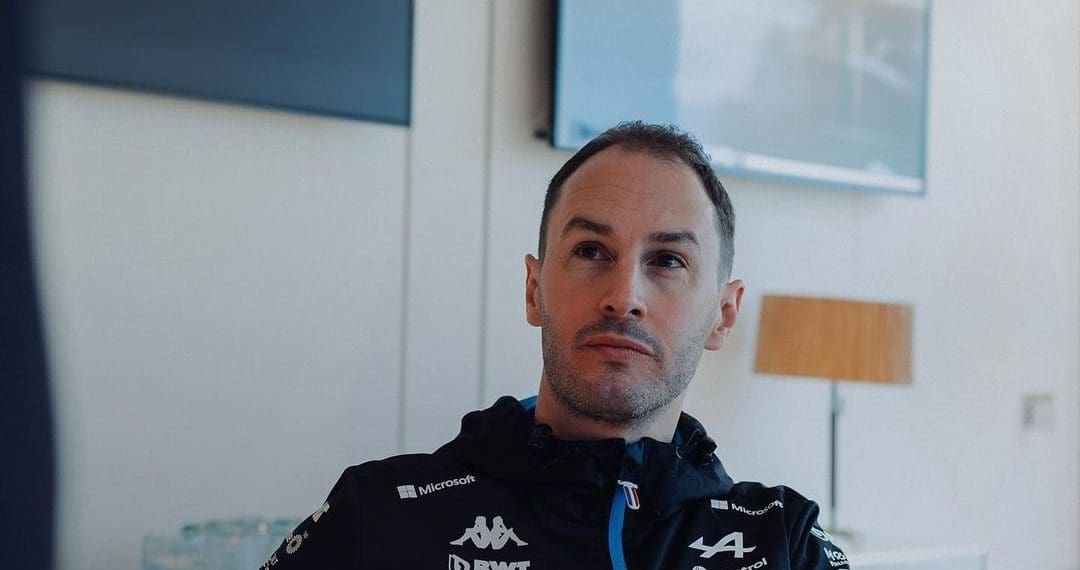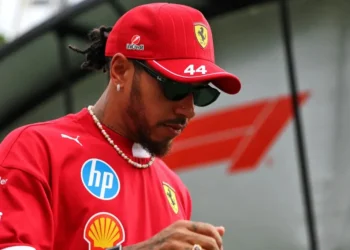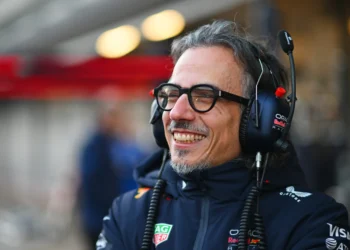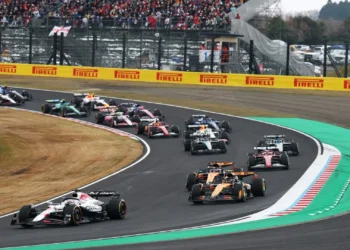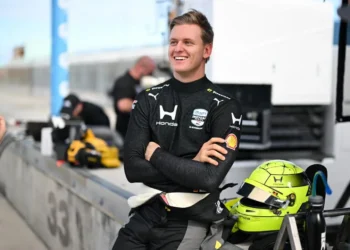Alpine Team Principal Oliver Oakes is standing firmly behind Renault Group’s game-changing decision to scrap its long-standing Formula 1 engine program. In a move that sent shockwaves through the F1 world, Renault will halt its engine development at Viry-Châtillon, signaling the French team’s transition to being a customer engine outfit by the end of 2025. And while the news sparked some backlash among Viry staff, Oakes couldn’t be more on board.
“For me, as a team boss, I just want the best engine to race with,” Oakes declared unapologetically. “That’s what it’s all about.”
This blunt sentiment underscores the Alpine chief’s ambition to turn the struggling outfit around after languishing in ninth place in the Constructors’ Championship this season. Oakes is convinced that the key to Alpine’s resurgence lies in ditching Renault’s underperforming power unit, which has failed to keep pace since the hybrid era began in 2014.
Alpine is eyeing a partnership with none other than Mercedes, positioning themselves to receive one of the grid’s most competitive engines. This could be a monumental shift for a team that has suffered from mediocre results, managing just one surprising Grand Prix victory since 2021 and sliding from a promising fourth place in the 2022 standings to a dismal ninth in 2024.
Renault’s decision to drop its engine development—after decades of dominating the F1 engine game—was purely financial. Producing an F1 power unit costs a staggering $120 million annually, and switching to a customer engine deal would cost only a fraction of that. With such significant cost savings, Renault is stepping back from a core element of its F1 legacy, ending an association that dates back to 1977.
While Viry’s departure marks the end of an era, Oakes remains focused on the future. He insists that the team’s engine source is irrelevant as long as Alpine can deliver wins. “Nobody cares what’s under the bonnet if you’re winning,” Oakes remarked, signaling a ruthless commitment to performance.
Alpine’s potential future with Mercedes engines has been met with excitement and anticipation. And with Oakes at the helm, the team looks determined to break free from its recent slump and climb back into contention.
With Renault bowing out of F1 engine production and Alpine preparing to join the ranks of customer teams, the spotlight is on 2025. Could this be the spark that finally reignites the French outfit’s championship ambitions?
The answer may very well lie in a Mercedes-powered future.

